In recent weeks, European leaders have made a string of pro-war statements.
"The only way to get Russia to negotiate seriously is putting some more pressure on Russia,"
said EU High Representative for Foreign Affairs and Security Policy Kaja Kallas, who is also and vice-president of the European Commission, during a meeting of the Foreign Affairs Council in Luxembourg in mid-April. Her statement was a textbook example of unnecessary saber-rattling, especially since Russian President Vladimir Putin announced, without any EU pressure, just a week later that he is ready to sit down at the negotiating table with the Ukrainians.
Meanwhile, signs of war preparations grow clearer: as detailed in the first part of this series, the European Commission plans to allocate 800 billion euros for military upgrades in the coming years. Most countries will use their increased defense budgets not only for new equipment purchases but also to restructure and expand the size of their armed forces. Several countries have debated the reintroduction of conscription, and some EU states have already taken that step.
Strengthening the Bundeswehr
In Germany, the number of soldiers in the Bundeswehr dropped to around 180 thousand following the suspension of conscription in 2011. As a result of the war, recruitment and the integration of reservists have become a major focus. To address this, German Defense Minister Boris Pistorius outlined a new concept in 2024 aimed at enrolling 10 thousand people annually in basic military training. Under the plan, every 18-year-old German male would be required to fill out a questionnaire, from which 10 thousand individuals would be selected each year. For women, filling out the questionnaire would be optional. Basic training would last six months but could be extended by an additional 17 months.
Russia’s Neighbors Are Preparing
At the end of 2022, the Polish armed forces stood at 190 thousand personnel, including professional soldiers, contracted troops, and territorial defense forces. Poland plans to increase this to 300 thousand troops within a few years. Prime Minister Donald Tusk has even floated the idea of reaching half a million, although the target date and specific plans remain unclear.
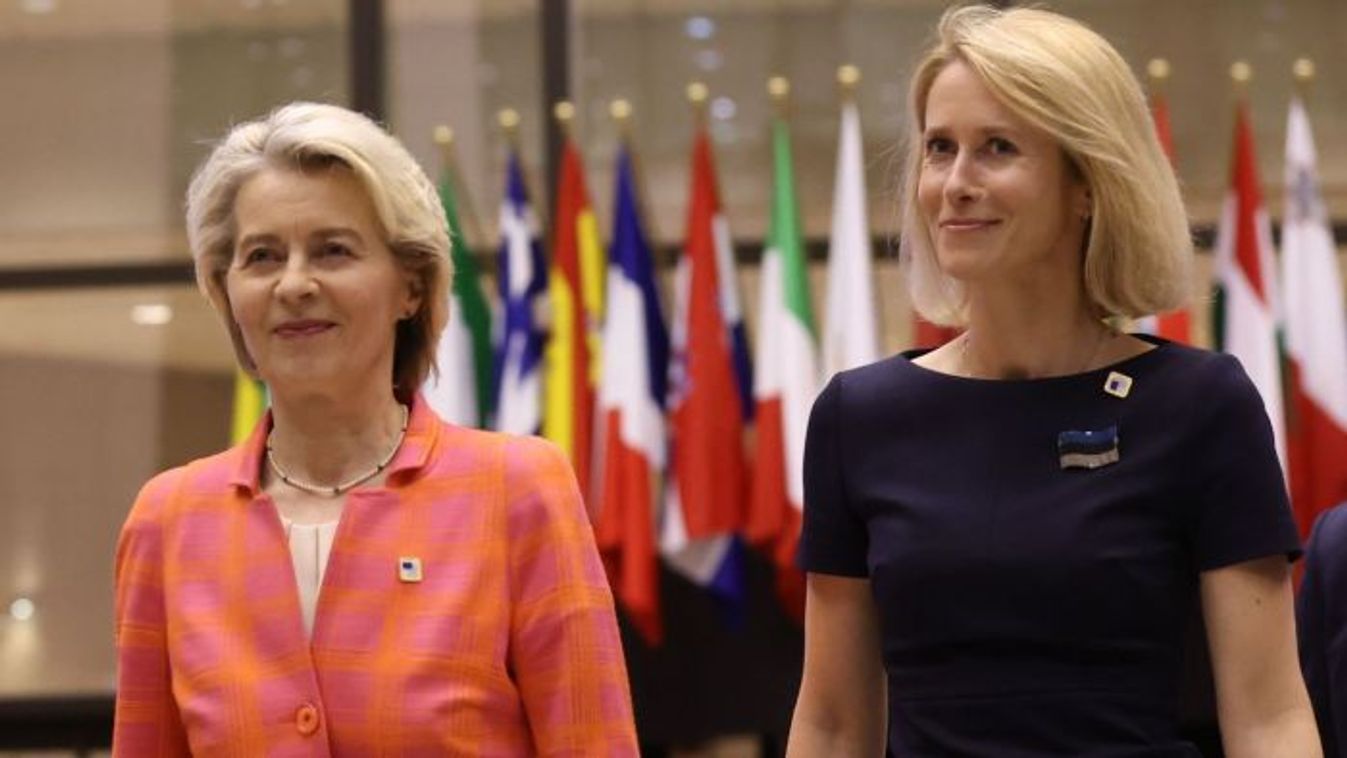

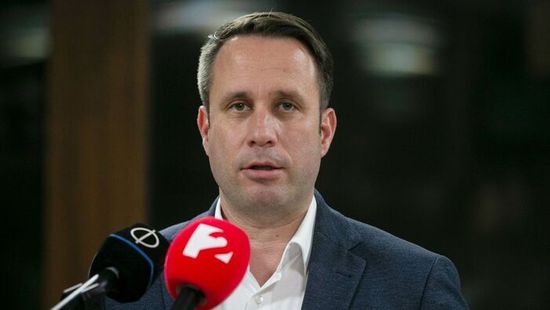
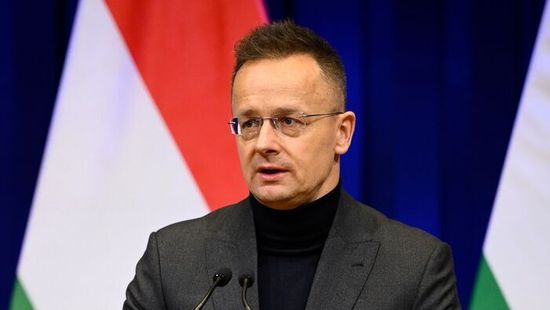
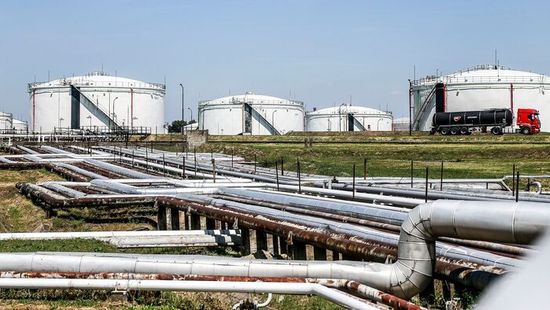

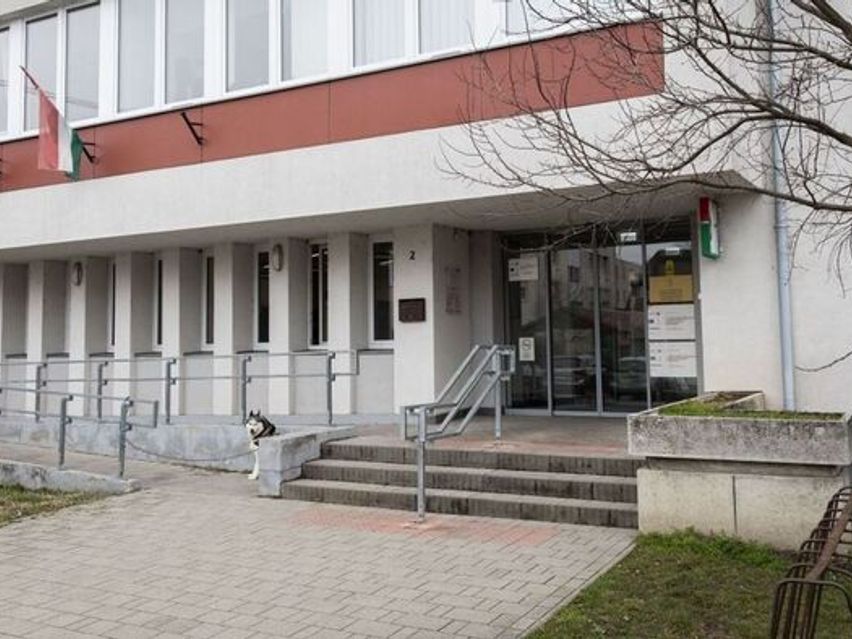
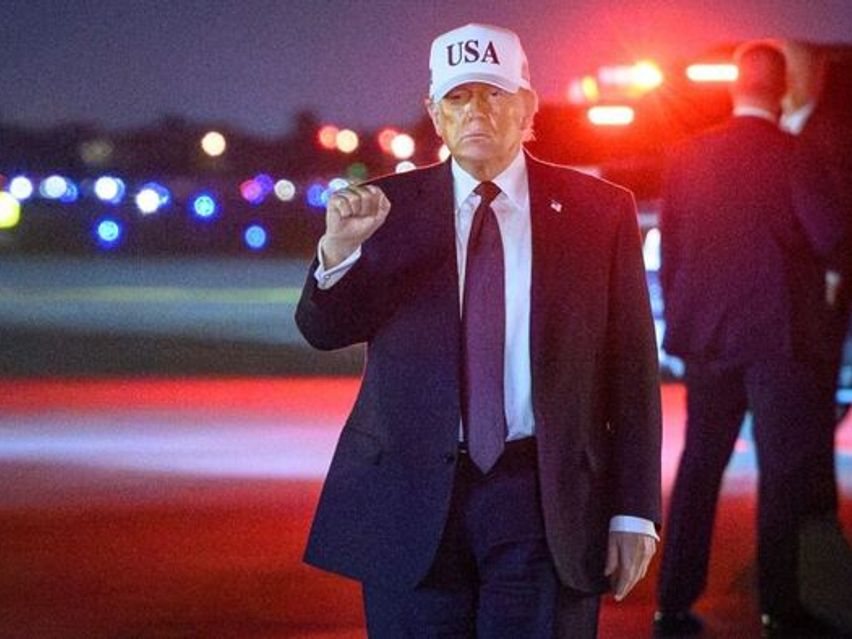
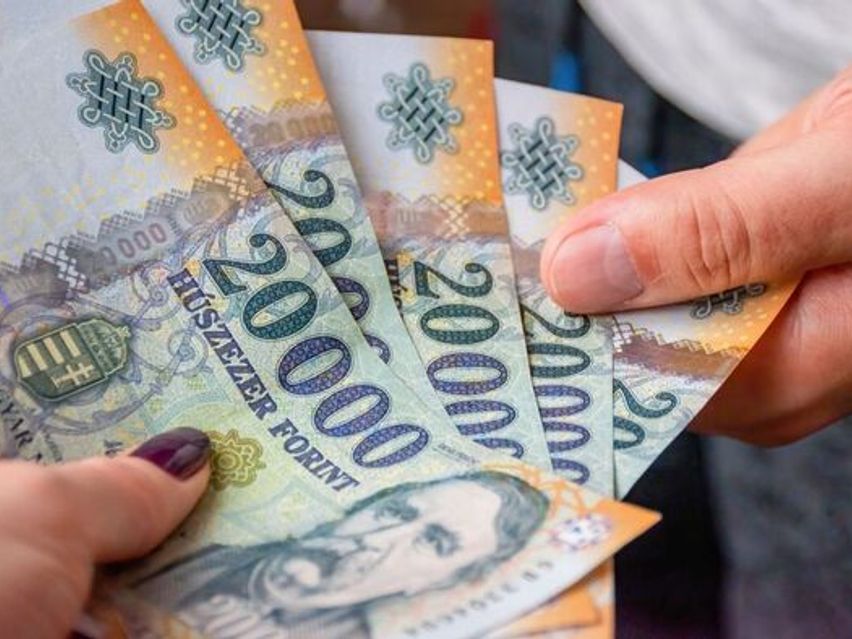
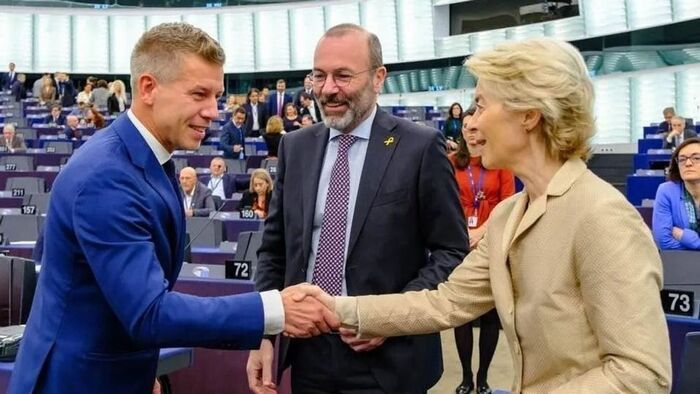

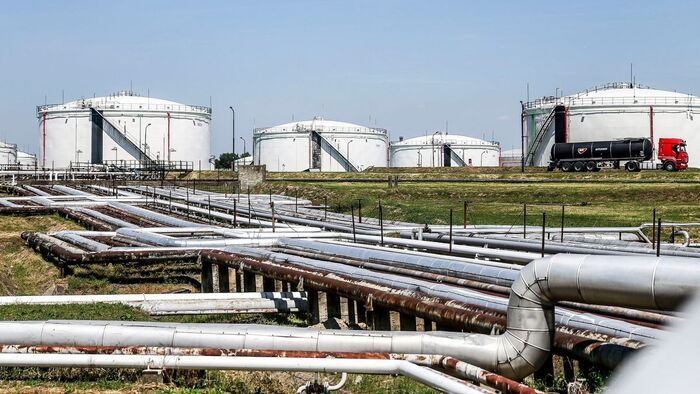
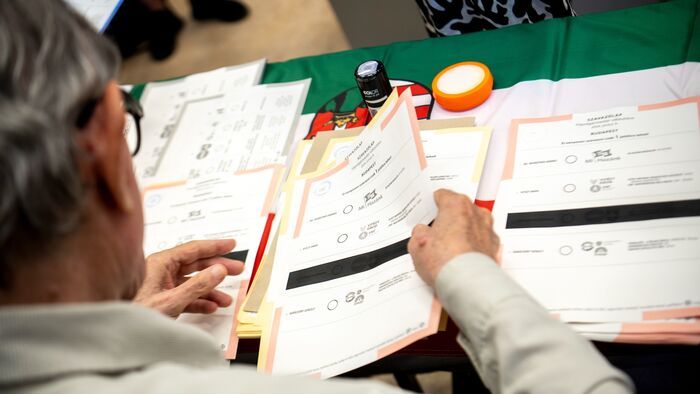
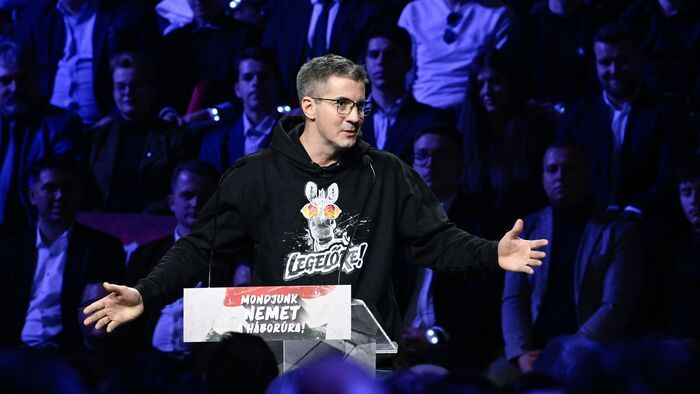
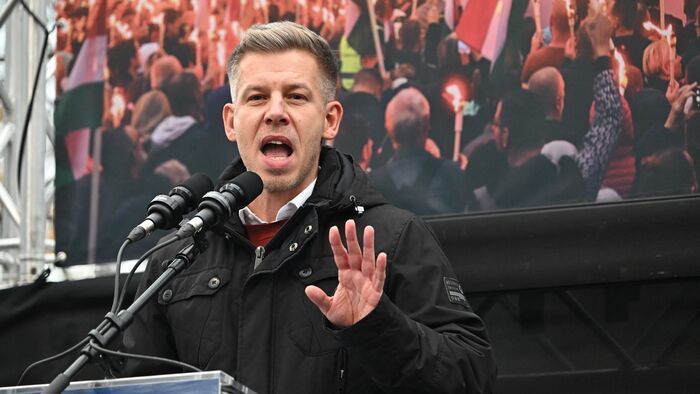
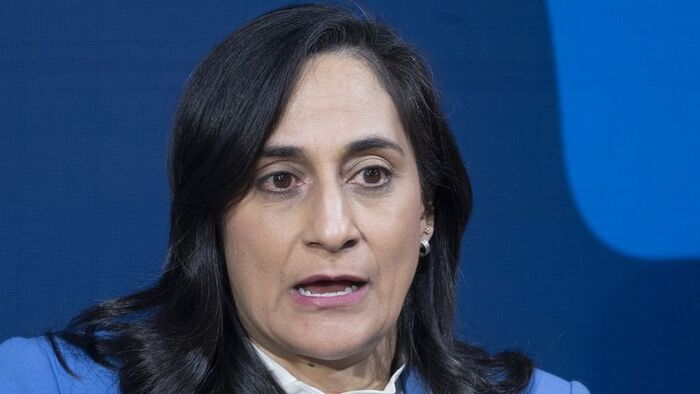
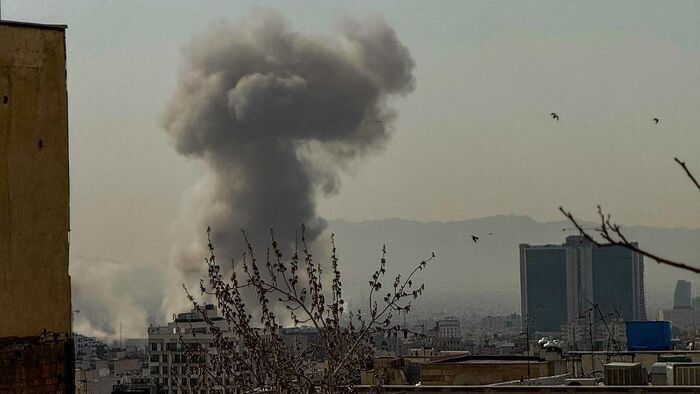
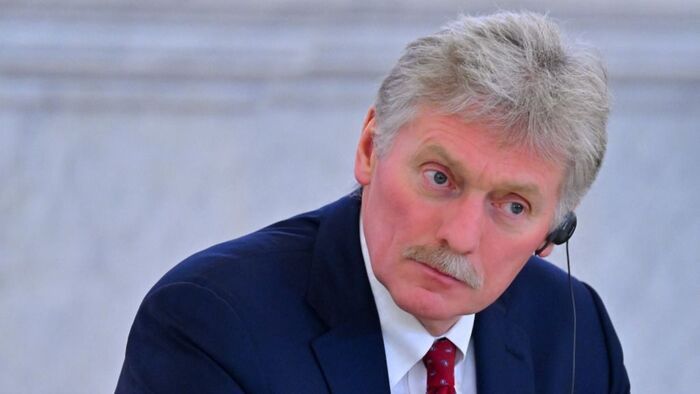
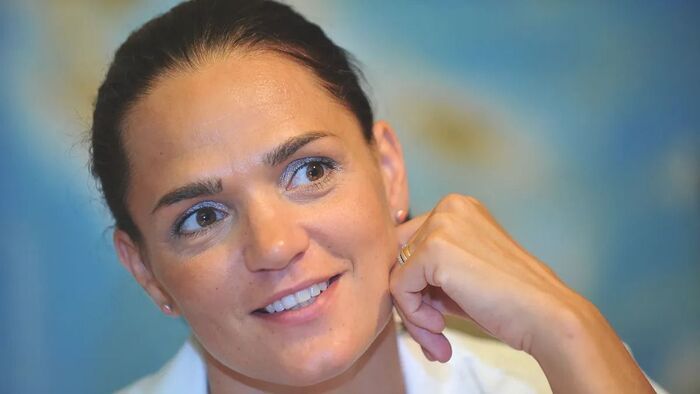
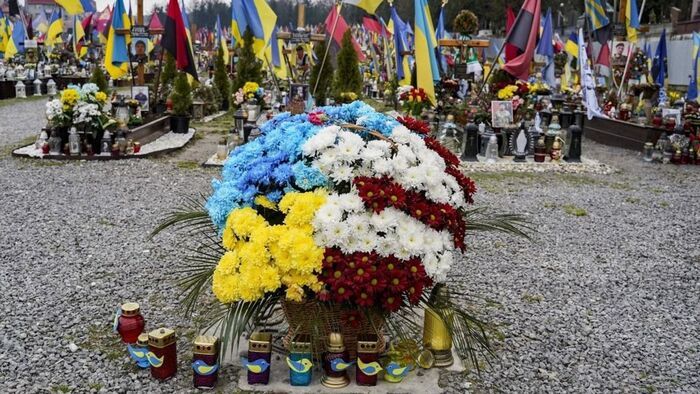


Szóljon hozzá!
Jelenleg csak a hozzászólások egy kis részét látja. Hozzászóláshoz és a további kommentek megtekintéséhez lépjen be, vagy regisztráljon!